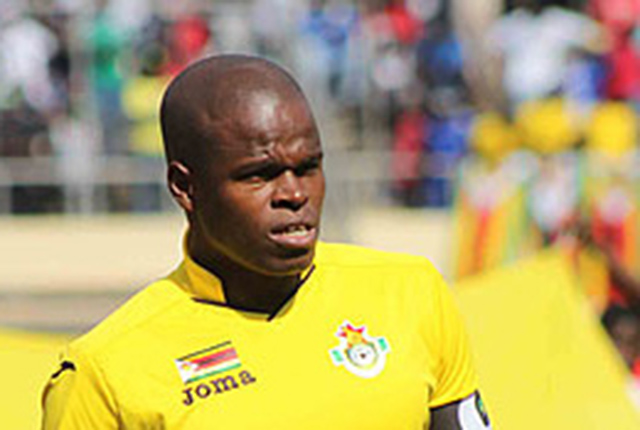3 killed, more wounded in anti-Kabila protests

KINSHASA. – At least three people were killed when Congolese security forces fired teargas and live bullets to disperse a protest against President Joseph Kabila organised by the Catholic Church yesterday, a local watchdog said.
Seventeen other people were wounded, it said. A Reuters witness saw police and paramilitary troops fire volleys of teargas and shoot into the air outside the Notre Dame cathedral in the capital Kinshasa. At least six people were lightly wounded when they were struck with flying tear-gas canisters, he said.
Anger has been building against President Kabila since he refused to step down at the end of his mandate in December 2016, triggering street protests in which scores have been killed in Kinshasa, and emboldening a plethora of armed rebel groups upcountry. This has stoked fears that the vast, mineral-rich Democratic Republic of Congo could slide back into the wars that killed thousands in the 1990s.
“I marched today for a simple reason: I want to bring up my children in a country that respects human rights,” protester Pascal Kabeya, a 40-year-old market trader, told Reuters where a few hundred had gathered in a suburb of Kinshasa. Georges Kapiamba, president of Congolese Association for Access to Justice (ACAJ), put the initial toll at three dead and 17 seriously wounded. A police spokesman did not immediately respond to a request for comment.
The violence echoed that of New Year’s Eve, when Congolese forces killed at least seven people in the capital during a protest by Catholic activists. Under a deal mediated between the Catholic church and Kabila’s opponents, the president was to step down at the end of last year, paving the way for an election early this year. But he reneged on the deal and the poll has been repeatedly delayed – it is currently loosely scheduled for the end of 2018.
The Roman Catholic Church has since emerged as a harness for opposition to Kabila’s efforts to stay in power with no mandate, while his political opposition remains feeble and fragmented. Kabila, who has been president since his father was killed in office in 2001, blames the electoral delays on the logistics of voter registration. In another development, the authorities in the DR Comgo allegedly blocked the Internet in Kinshasa and set up roadblocks throughout the city ahead of planned protests yesterday demanding that President Kabila leave power.
Meanwhile, the head of the Muslim community in DRC has backed the church, urging the authorities to allow the march to take place despite no official permission being granted.
“I ask the authorities to avoid repressing the march,” Cheikh Ali Mwinyi M’Kuu, legal representative of the Muslim community, told AFP on Saturday.
“If they decide to repress, there will be no peace. But if they let the march take place, they will respect the constitution and peace will prevail.”
The previous anti-Kabila march, on December 31, descended into a bloody crackdown after police and security forces opened fire on demonstrators. Protest organisers said 12 people were killed, while the United Nations reported at least five dead. The authorities said no deaths that day were linked to the demonstration.
The country’s powerful Catholic Church, one of the few institutions to nationally enjoy broad credibility, condemned what it called “barbarism” and the UN and France sounded their concern over the death toll.
The church has been joined by a group of eight intellectuals in calling for the march to be peaceful. The so-called “secular committee of coordination” has called on people to march after mass “with our peace branches, our Bibles, our rosaries, our crucifixes, to save the Congo”. Arrest warrants were issued against at least five members of the committee, a magistrate told AFP, prompting them to go into hiding.
“We’re scared. I’m just like everyone else, I’m scared. I’m terrified for my children, who have been alone since December 28,” said Kandolo, a member of the group in Kinshasa.
The committee has called for the release of political prisoners, to allow the return of exiled political opponents and, above all, a guarantee that Kabila will stand down and not seek a third term. President Kabila’s constitutional term in office expired in December 2016, but he stayed on — a move that stoked a bloody spiral of violence. Under an agreement brokered by the Catholic Church, he was allowed to stay in office provided new elections were held in 2017.
The authorities later said organisational problems meant that the vote would be held on December 23, 2018 — a postponement that has angered Western nations, but one that they have reluctantly accepted. – Reuters/AFP








Comments